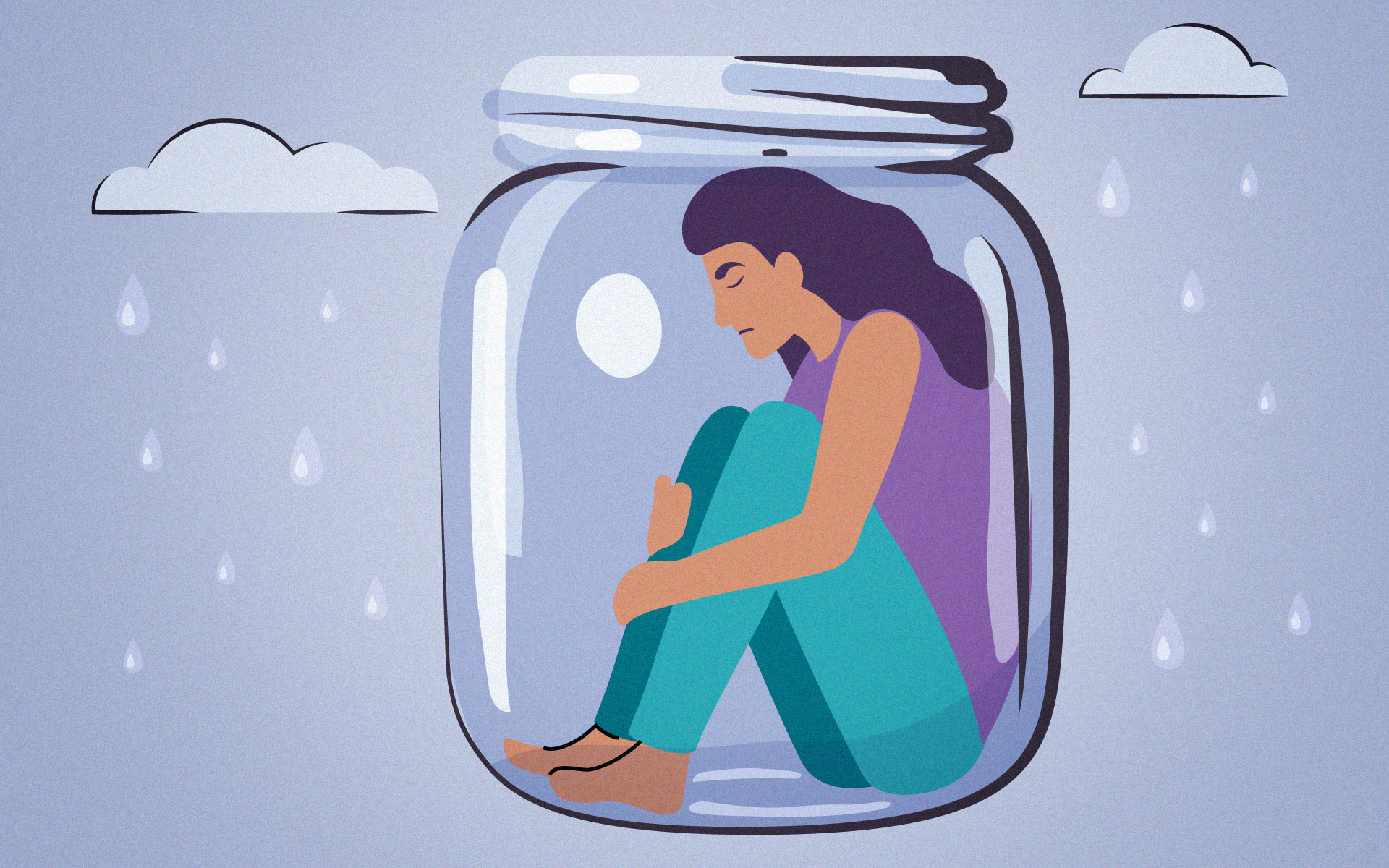What happens when the air is finally cleared on an unspoken family secret?
I do not consider myself to be a psychopath, but I do remember the day I angrily chased my sister around our house and all the way into our neighbour’s house, wielding a knife in my hand.
All I remember is that she was teasing me about one thing or the other, and it drove me into a rage.
We kept the incident between the two of us and asked the neighbours, who disarmed me and calmed me down, to do the same.
For over 20 years, we never spoke about it. Until last year, when I apologised for being an angry little sister when we were growing up.
She forgave me without reservation, using the opportunity to raise concerns about my approach to situations that may cause me anxiety and make me frustrated.
My partner has told me several times, even before my sister, that I have a short temper. I always denied this because I consider myself to be a reasonable person. I do not get ‘ruled’ by emotions.
But he has had to remind me of this throughout the years because we are raising an impressionable toddler, who is bearing witness to how we deal with stress and anxiety.
From his father, I have learned how to allow our son to share and express his feelings.
My 16-year-old niece has shown similar personality traits to mine when she is frustrated. She becomes visibly upset and defensive, and acts out by throwing passive-aggressive tantrums, sulking, and removing herself from family activities and interactions.
After she started therapy last year, I asked her why she reacts the way she did in tense situations. Her response was straightforward: “Because, Aunty Pops, things always work in your favour when you do it”.
Her words haunted me. They forced me to take a deeper look into my temperament and behaviour.
My niece explained that she has never felt heard at home. Even when she respectfully shared her feelings, she was shut down by the adults around her.
This reminded me of my own childhood. I felt unheard throughout. My mother and grandmother were strict teachers who never negotiated with children, even in the moments when they were wrong.
My role as a child was outlined at every turn – to do as I was told and not to ‘backchat’. When I did, I was called a ‘know-it-all’, disrespectful, and rude.
As much as the younger version of myself would have preferred to have her feelings acknowledged and validated, I understand that my mother and grandmother were doing the best they knew how.
They may have had their own challenges to deal with, as well as Apartheid, but they did what they could to provide for us and give us the best education.
However, despite their efforts, I felt unheard and misunderstood by my family for the first 30 years of my life.
I have only just started learning how to express myself. I am now in a safe place, where my partner encourages me to share my feelings and not bottle them up.
This has helped to boost my self-confidence. I am not as anxious about my feelings as I was before.
My journey as an adult has shown me that life is full of challenges, but it is important to find healthier ways to deal with stress. We are unintentional role models for the younger generation. They look to us on how to deal with their emotions. We need to do better.
I try to be the one person my niece can open up to – something I never had after my father passed away in 2003. She is learning to find her inner voice, and that comes with its own set of issues, especially for a 16-year-old.
But more than anything, after all these years, I’m learning how to speak up, to say what I feel, and to make myself heard.

Leave a Reply